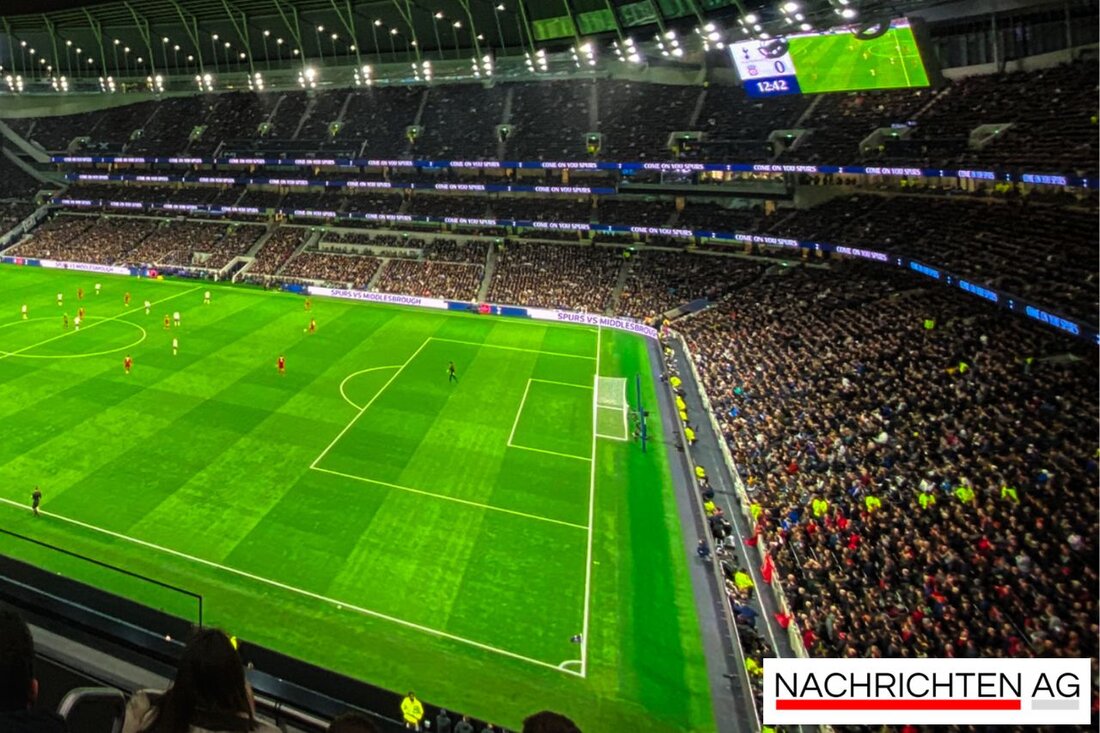Chelsea's Win Overshadowed by Storm and US Safety Concerns
Chelsea's recent Club World Cup match faced weather delays and protests in the USA, raising safety concerns for fans.

Chelsea's Win Overshadowed by Storm and US Safety Concerns
The 2025 FIFA Club World Cup in the USA is facing mounting criticism following a series of tumultuous events. Recently, FC Chelsea’s match against Benfica Lisbon was interrupted for nearly two hours due to severe weather, leading to the evacuation of the stadium. This marked the sixth such disruption during the tournament, a trend casting doubt on the United States as a suitable host. Chelsea emerged victorious from the match with a 4-1 scoreline after extra time, fueled by goals from Reece James, Christopher Nkunku, Pedro Neto, and Kiernan Dewsbury-Hall, while Benfica’s Angel Di Maria found the net but could not change the outcome after a late red card for Gianluca Prestianni.
According to Welt, Coach Enzo Maresca openly criticized the frequent interruptions, emphasizing that the USA is not the right venue for such an important competition. Matches are routinely halted due to strict safety regulations mandating immediate stoppage if lightning is detected within 13 kilometers. This particular match was paused in the 86th minute as storm conditions worsened, highlighting concerns over player and fan safety amidst unpredictable weather patterns.
Political Tensions and Security Concerns
The Club World Cup is not just facing weather-related challenges; it has also become embroiled in political tensions. Protests related to the Trump administration’s immigration policies have cast a shadow over the event. Nationwide demonstrations are planned for the opening day of the tournament on June 14, coinciding with Trump’s 79th birthday, celebrated with a military parade in Washington D.C. Specific protests against the Immigration and Customs Enforcement (ICE), which recently conducted raids in Los Angeles, threaten the overall atmosphere at the World Cup matches, as noted by Sportschau.
Fans are expressing concerns about safety amidst fears of ICE’s increased presence. Many worry that enforcement actions may deter attendance, especially among those from Hispanic backgrounds. One fan club from Flamengo even chose to cancel a social event for safety reasons. Meanwhile, the Los Angeles Football Club has publicly emphasized the importance of community and solidarity during these tumultuous times.
Safety Measures and Economic Implications
Security for the tournament is expected to be stringent, with U.S. Customs & Border Protection (CBP) announcing their involvement in ensuring safety at the matches. Although CBP later removed a controversial statement indicating they would be „suited and booted“ for the event, the agency remains committed to maintaining a secure environment, reminiscent of their role at other major sporting events according to USA Today.
However, this security push comes amidst broader concerns about federal law enforcement’s role at sporting events during a politically charged climate. FIFA President Gianni Infantino dismissed concerns about ICE’s involvement, asserting that fan safety is paramount. The Club World Cup features 32 teams from 20 countries and will run alongside the Concacaf Gold Cup, raising the stakes for successful turnout and heightened visibility.
Financially, FIFA anticipates raking in $2 billion from the Club World Cup, with one quarter of that sum derived from ticket sales. Yet, attendance issues loom large as many games are reported to be not fully booked, prompting ticket price reductions and discounts for students to stimulate demand.
As the tournament draws nearer, the intersection of sports, politics, and public safety continue to raise questions—the outcomes will likely shape not just this year’s Cup but the future of international competitions in the U.S. How will these dynamics play out on the field and in the stands? Only time will tell.

 Suche
Suche
 Mein Konto
Mein Konto